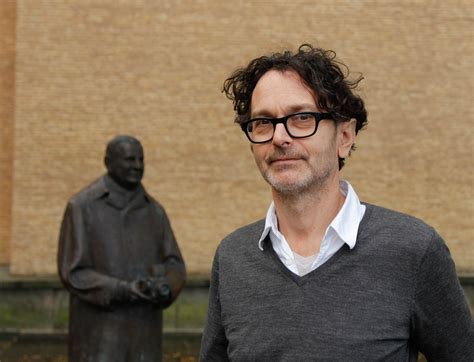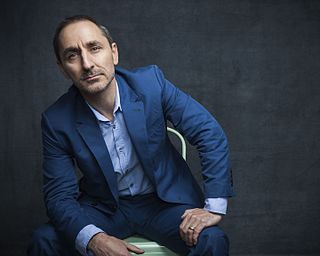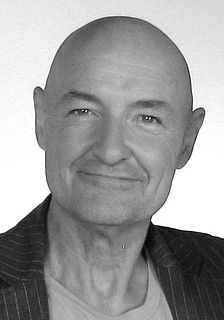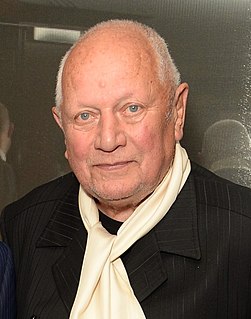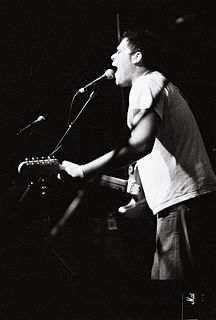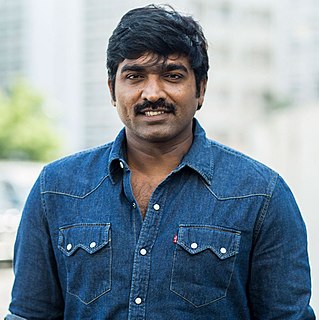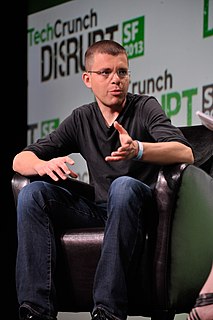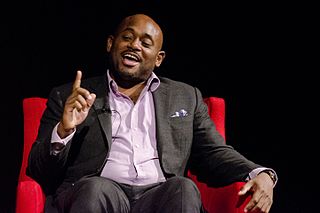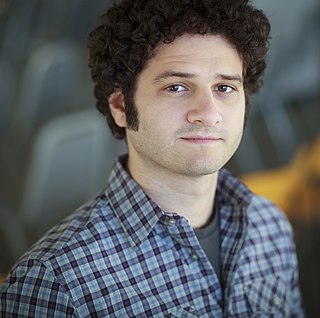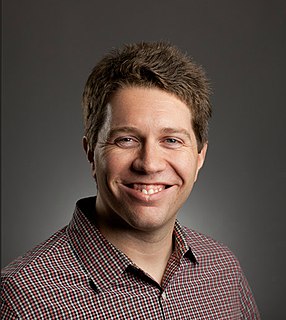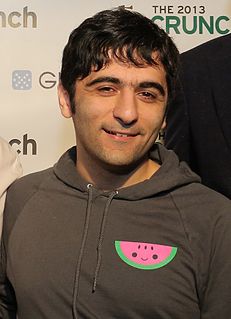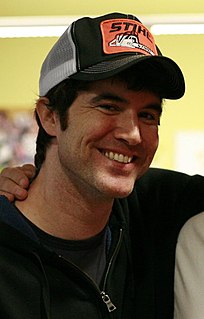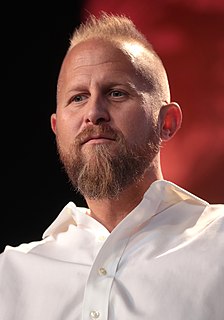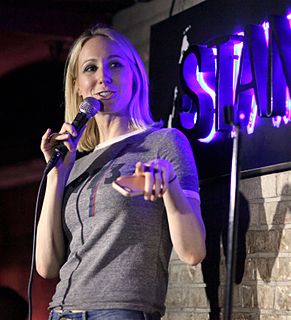Top 1200 Like Facebook Quotes & Sayings - Page 3
Explore popular Like Facebook quotes.
Last updated on April 16, 2025.
In today's social business marketplace Facebook is one of the best places for nonprofits to be discovered and connect with a larger audience on the basis of shared values. So to get started, a non-profit should launch a Facebook page and invite your existing real world community to connect your cause and their networks.
For many people it's Facebook, or sports on TV, whatever it is. I have my own demons that I battle. But whatever they are, you wish you could not do them. For most of us it's "I cannot get off Facebook." But imagine that your demon has you living on the street. I don't think those compulsions and obsessions are that different.
We're a community of a billion-plus people, and the best-selling phones - apart from the iPhone - can sell 10, 20 million. If we did build a phone, we'd only reach 1 or 2 percent of our users. That doesn't do anything awesome for us. We wanted to turn as many phones as possible into 'Facebook phones.' That's what Facebook Home is.
If you'd come to me in 2012, when the last presidential election was raging and we were cooking up ever more complicated ways to monetize Facebook data, and told me that Russian agents in the Kremlin's employ would be buying Facebook ads to subvert American democracy, I'd have asked where your tin-foil hat was.
Bands now are always trying to make their presence known through social networking and whatnot, but that's just the same as bands before the Internet age trying to connect with fans in some other way. But I don't follow people on Facebook, I think that's creepy. I wouldn't want them following me on Facebook. I don't even have a mailing list.
I was active on Facebook for a while, responding to comments and thanking fans for their appreciation. But I found that the Facebook feed was numbing my emotions. I'd see an extraordinarily tragic news item, and even before I could react to it, see a hilarious meme right below it. This was confusing me.
It's possible that Generation Facebook, accustomed as it is to a whole range of experiences that it only imbibes online, doesn't have the same need for physical interaction in order to be creative as previous generations still do. It's possible that Generation Facebook can co-create and collaborate quite happily from afar.
For the first time we're allowing developers who don't work at Facebook to develop applications just as if they were. That's a big deal because it means that all developers have a new way of doing business if they choose to take advantage of it. There are whole companies that are forming whose only product is a Facebook Platform application.
The way the Facebook network is set up, it's not as suitable for content discovery. Twitter is better, but there are too many over-sharers. Also, on Twitter and Facebook, everything comes from people you know. On StumbleUpon, it comes from people that you don't necessarily know but share your interests.
America's Facebook generation shows a submission to standardization that I haven't seen before. The American adventure has always been about people forgetting their former selves - Samuel Clemens became Mark Twain, Jack Kerouac went on the road. If they had a Facebook page, they wouldn't have been able to forget their former selves.
Facebook is inherently viral. There are lots of sites that include a contact importer, and for lots of them it doesn't really make sense. For Facebook it fits so well. It wasn't until a few years in that we started building some tools that made it easier to import friends to the site. That was a huge thing that spiked growth.
I truly believe that what we're seeing with online dating is very similar to what happened with the Myspace-Facebook era, where Myspace was once this place for online connecting for a very select group of young people. And then Facebook kind of hit at this moment where it was acceptable for everybody to do it.

